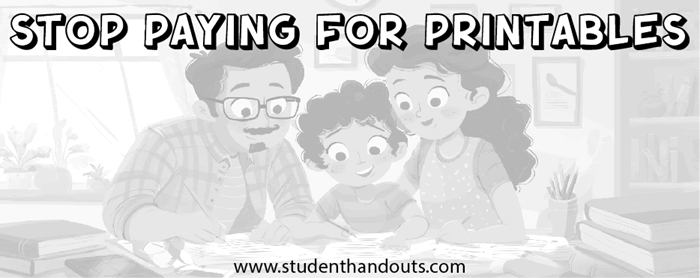Educational games can be an effective way to help high school World History students understand the Revolutions of 1848 by making complex events more interactive and engaging. These revolutions, which occurred across Europe, involved diverse political, social, and nationalistic movements that can be difficult to grasp through traditional lectures alone. Games that simulate revolutionary decision-making or role-play scenarios allow students to explore the motivations and challenges faced by different groups—liberals, nationalists, monarchs, and workers.
By placing students in the roles of historical figures or factions, educational games encourage critical thinking, strategic planning, and empathy. Students learn to analyze causes and consequences, weigh competing interests, and better understand why many of the revolutions ultimately failed. Games can also reinforce vocabulary, timelines, and key events in a more memorable and meaningful way.
Used alongside other materials, educational games foster collaboration, curiosity, and active participation, helping students retain knowledge and connect historical events to larger themes like nationalism, democracy, and social change.
|








